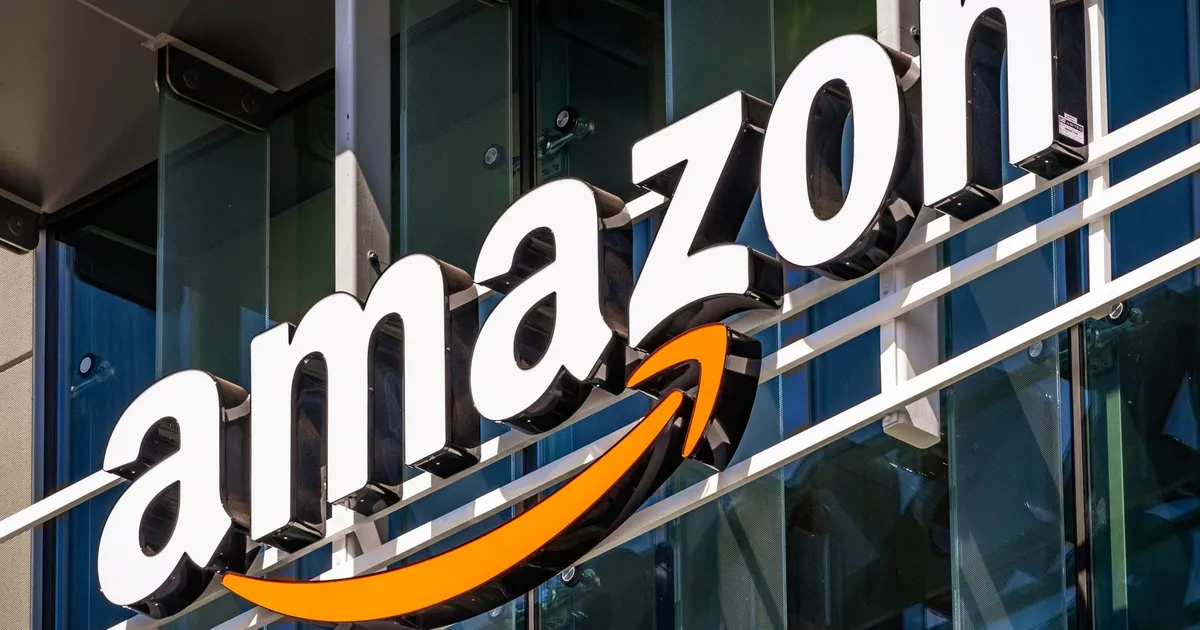Key Developments
Potential Investigation
- Amazon is expected to undergo a formal investigation by the European Union in 2024 over allegations of favoring its own brand products on its online marketplace.
- The probe will evaluate whether Amazon violated the EU’s Digital Markets Act (DMA), landmark legislation aimed at curbing the power of Big Tech.
Possible Penalties
- If found guilty, Amazon could face a fine of up to 10% of its global annual turnover.
- Amazon shares dipped 3% to $196.91 following the news.
Leadership Transition
- The decision on launching the investigation will fall to Teresa Ribera, the incoming EU antitrust chief, who is set to replace Margrethe Vestager next month.
Amazon’s Position and Compliance Claims
- Amazon asserts it is fully compliant with the DMA and has cooperated with the European Commission since two of its services were designated as “gateways” under the DMA rules.
- In its March compliance report, Amazon stated its ranking algorithms do not favor Amazon-branded products or distinguish between Amazon Retail and third-party sellers.
Broader Context of the Digital Markets Act
Scope of the DMA
- Introduced in 2022, the DMA imposes stringent obligations on seven major tech companies, including Amazon, Apple, Google, and Meta.
- Key provisions include prohibitions against self-preferencing and mandates for fair treatment of third-party businesses on dominant platforms.
Ongoing Investigations
- Other Big Tech firms, such as Apple, Alphabet (Google), and Meta Platforms, are already under scrutiny for potential breaches of the DMA.
- Ribera is expected to decide the outcomes of these cases in her tenure.
Implications for Amazon and the Tech Industry
Market Impact
- A potential fine and increased scrutiny could have long-term implications for Amazon’s operations and financial performance.
- The case highlights the growing regulatory pressure on dominant digital platforms in the EU.
Consumer and Business Dynamics
- The investigation could reshape how Amazon prioritizes products on its platform, potentially benefiting third-party sellers and consumers by ensuring fair competition.

















